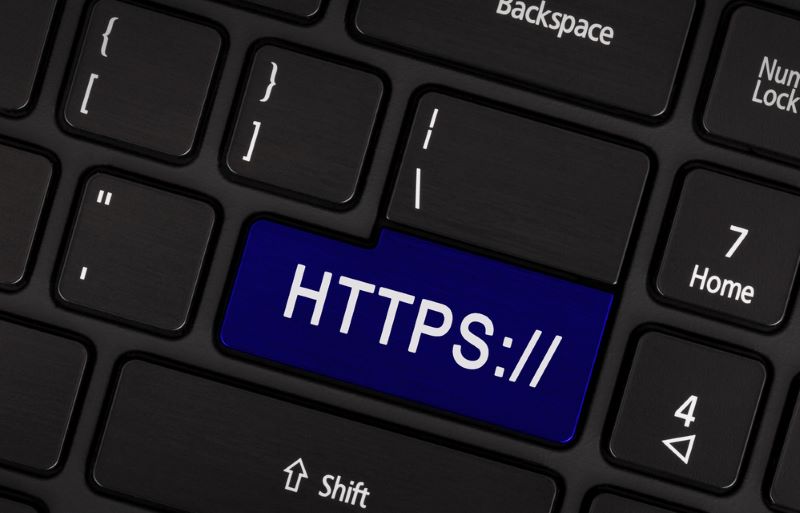Click here to get this post in PDF
As a brick and mortar business owner, security is pretty simple. Lock the doors and windows. Set up a security camera. Hire a night guard to monitor the premises, etc. But when your business is online, is there an equivalent to locking the doors, running security cameras, or hiring security personnel?
Yes. There absolutely is!
So many well-meaning online business folks operate under the assumption that their website is secure through their host server. They don’t spend nearly as much time considering their security as they should. Fortunately, there are many excellent services out there to keep your digital business safe from cybercrime.
More than Minimum
The current trend in many ways is that less is more. Do you really need more than a username and password to make sure your website is adequately secured? Yes, you do. We aren’t talking about your home décor or your closet, we’re talking about your business, your security, and, ultimately, your reputation. Your password and username are your first line of defense against being broken into. But in order to stay secure, you need some more layers between the core of your website and hackers. There are lots of different options out there available to you depending on your resources, but you need more than a password.
Certificates are the Next Step
After you have a quality, complicated password attached to your username for your website dashboard, the next piece is to get a TLS/SSL certificate. These certificates are the foundation of all interactions on the website. They work by checking for encryption and authentication between two users. If either of the users is at all compromised, the interaction will be paused, and a warning sent that the website is not secure.
Not having a secure website can be the kiss of death for an online business owner — especially if the website is an eCommerce site. One of the best ways to ensure that your certificates are always up to date and the interaction goes through without issues is to invest in a certificate lifecycle management system or CLMS. This system takes away a lot of the guesswork in managing certificates. A quality CLMS will find, renew, and manage the certificates for you all from one platform. While you have to be conscious about your certificates, you don’t have to mark your calendar or ever have a down day because something expired.
Zero Trust
When you’re on the internet and trying to grow a blossoming business, you know that interactions and engagements matter. Unfortunately, not all engagements are good. In fact, there are many users who you don’t want on your website. The best way to manage this is to assume a Zero Trust policy. Zero Trust helps manage your digital identity by protecting it from all bad actors. Zero Trust works in tandem with the certificates to strengthen your online transactions. It acts as an extension to firewalls or other malware searching programs. When you have Zero Trust, you create an environment that protects you, your business, and your customers.
Invest in Security
Investing in security can be a struggle because you don’t always see the results. But that’s a good thing! If you can’t see the results, it means that your security is working well. Outside entities aren’t breaking into your website and causing outages. Your proprietary work remains secure. Just like a brick-and-mortar location, you’ve worked hard for your online business. Securing it is the most obvious of investments.
You may also like: Cybersecurity – more important than ever before
Image source: Depositphotos.com

